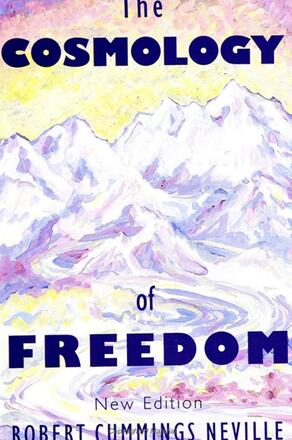
The Cosmology of Freedom
Alternative formats available from:
The book shows the connections between the personal and the social dimensions of freedom, and how all the meanings of freedom are functions of the natural cosmos.
Description
Neville's The Cosmology of Freedom corrects the tendency to believe that freedom consists in one thing alone, for instance not being constrained, or being able to choose between live options, or participating in a democratic political process. He lays out in systematic fashion the connections between personal dimensions of freedom, such as external liberty (Hobbes), the ability to act on the basis of one's intentions (Spinoza), choice between live options (James), and creativity (Whitehead), and social dimensions of freedom, such as opportunity (Du Bois), social pluralism (Dewey), integral life-style (Tillich), and participatory politics (Dahl). Discerning the nuances of these dimensions of freedom, it becomes a matter of experience and empirical investigation to determine in specific circumstance whether, in what senses, and to what degree a person or society is free.
To distinguish and to relate these senses of freedom, a broad philosophical perspective is required. Neville provides a functional philosophical cosmology that shows how all the senses of freedom are functions of the natural cosmos. In conjunction with his theory of divine creation in God the Creator, this book is an important argument for reconciling human freedom and divine creativity.
Robert Cummings Neville is Professor of Philosophy, Religion, and Theology at Boston University where he is also Dean of the School of Theology. He is past president of the American Academy of Religion, the Metaphysical Society of America, and the International Society for Chinese Philosophy. Neville has also written Behind the Masks of God: An Essay Toward Comparative Theology; New Essays in Metaphysics; The Puritan Smile: A Look Toward Moral Reflection; The Tao and the Daimon; Eternity and Time's Flow; God the Creator: On the Transcendence and Presence of God; The Highroad Around Modernism; Reconstruction of Thinking; Recovery of the Measure: Interpretation and Nature; A Theology Primer; Normative Cultures; and The Truth of Broken Symbols, all published by SUNY Press.